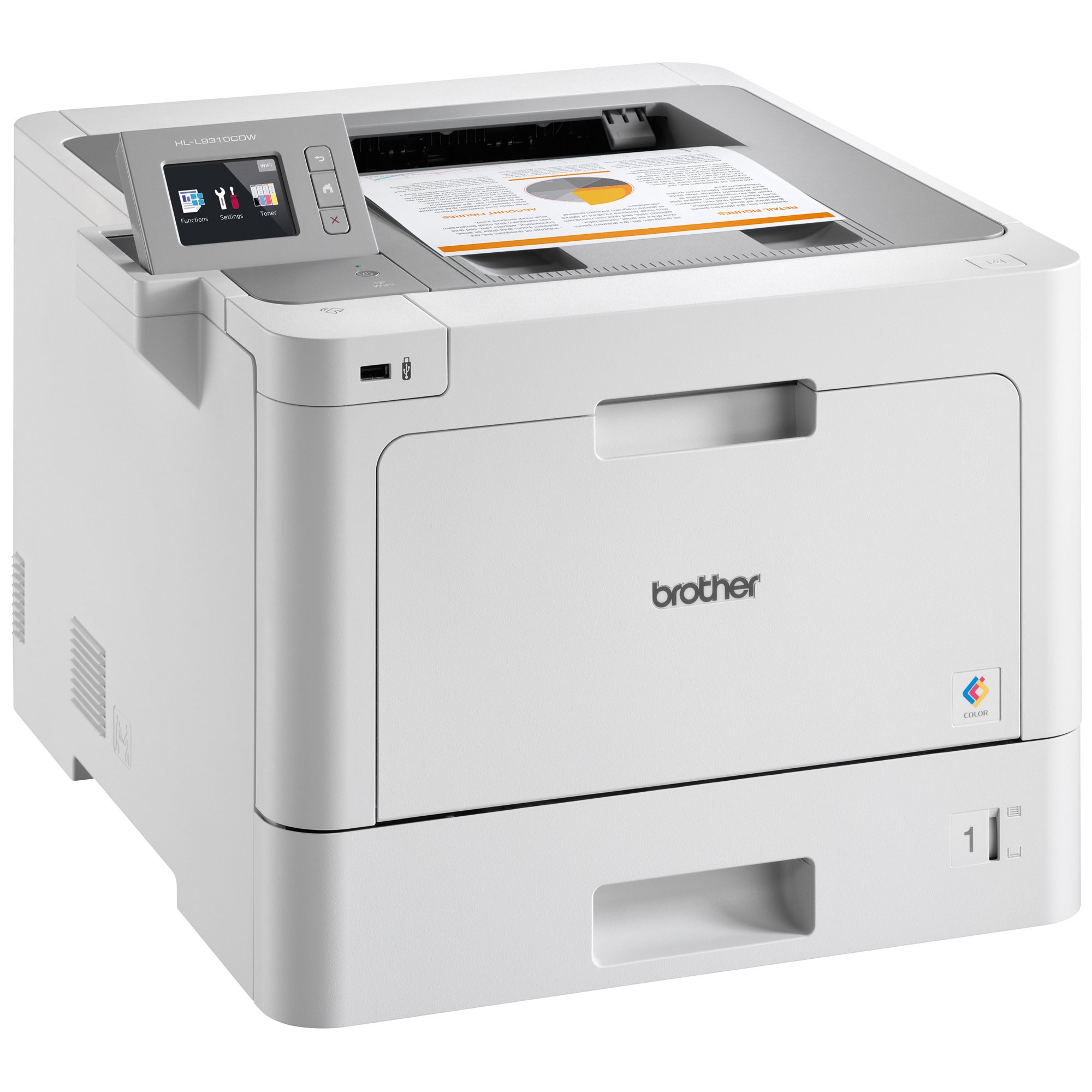Oranges are not only a delicious and refreshing fruit but also a powerhouse of nutrients, including vitamin C, fiber, and antioxidants. However, to fully enjoy their flavor and health benefits, proper storage is essential. In this article, we will explore the best practices for storing oranges in the refrigerator, ensuring they remain fresh, juicy, and flavorful for as long as possible.
Understanding the Science of Orange Storage
Before diving into the practical aspects of storing oranges, it’s important to understand the factors that affect their freshness. Oranges are sensitive to temperature and humidity, which can significantly impact their shelf life. When stored improperly, they can become dry, lose their vibrant flavor, and even develop mold.
Choosing the Right Oranges
The first step in ensuring optimal storage is selecting the right oranges. Look for firm, heavy oranges with smooth, unblemished skin. Avoid any that have soft spots or signs of mold, as these can lead to quicker spoilage. The variety of orange also plays a role; navel oranges, for instance, tend to have a longer shelf life compared to Valencia oranges.
Preparing Oranges for Refrigeration
- Wash and Dry: While it may seem counterintuitive, washing oranges before storing them can help remove any pesticides or residues. However, it’s crucial to dry them thoroughly with a clean cloth or paper towel to prevent excess moisture, which can lead to mold growth.
- Avoid Plastic Bags: While it may be tempting to store oranges in plastic bags, this can trap moisture and promote mold. Instead, consider using perforated plastic bags or breathable mesh produce bags that allow for air circulation.
- Use a Crisper Drawer: The crisper drawer in your refrigerator is designed to maintain humidity levels that are ideal for fruits. Store your oranges in this compartment to help them retain moisture without becoming overly damp.
Optimal Storage Conditions
- Temperature: The ideal temperature for storing oranges is between 35°F to 45°F (1.6°C to 7.2°C). This range slows down the ripening process and helps maintain their freshness.
- Humidity: Oranges thrive in a humid environment. If your refrigerator is particularly dry, consider placing a small bowl of water in the crisper drawer to increase humidity levels.
- Keep Away from Ethylene Producers: Certain fruits, such as apples and bananas, produce ethylene gas, which can accelerate the ripening process of oranges. Store oranges away from these fruits to prolong their freshness.
How Long Can You Store Oranges?
When stored properly in the refrigerator, oranges can last anywhere from two to four weeks. However, their quality may begin to decline after the first week. To ensure you’re consuming them at their best, try to use them within this timeframe.
Signs of Spoilage
Even with the best storage practices, oranges can eventually spoil. Look for the following signs to determine if your oranges are still good to eat:
- Softness: If the orange feels mushy or has soft spots, it’s likely past its prime.
- Mold: Any visible mold on the skin is a clear indication that the orange should be discarded.
- Off Smell: A sour or fermented smell is a sign that the orange has gone bad.
Conclusion
Storing oranges in the refrigerator can significantly extend their shelf life and maintain their delicious flavor. By selecting the right oranges, preparing them properly, and understanding the optimal storage conditions, you can enjoy this nutritious fruit for weeks. Remember to keep an eye on their condition and consume them while they’re at their best. With these tips, you’ll be able to savor the sweet, tangy goodness of oranges long after you’ve brought them home.


